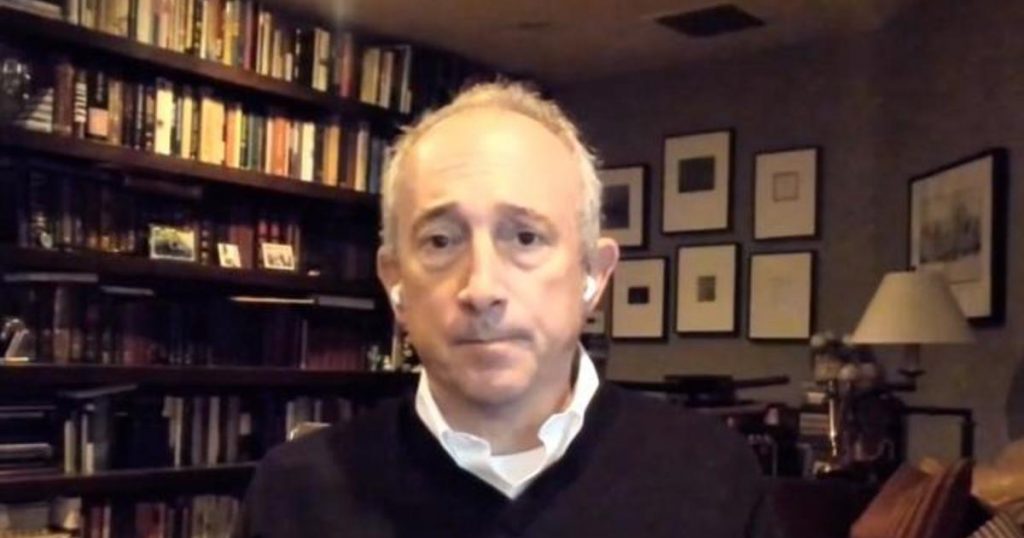
Know what you own.
That’s the biggest lesson investors can learn as the U.S. stock market’s historically volatile activity leads to liquidations and de-listings of certain exchange-traded notes, or ETNs, Dave Nadig, chief investment officer and director of research at ETF Trends, told CNBC’s “ETF Edge” on Monday.
A small, high-yielding corner of the market that’s now in focus in a big way, ETNs are quite different from exchange-traded funds, or ETFs, as similar as they may sound, Nadig said.
“An exchange-traded fund is basically just a regular old mutual fund that you are allowed to trade on an exchange. An exchange-traded note is a piece of corporate debt,” he said.
“It’s coming generally from a bank, like a Credit Suisse or a Barclays, and it’s promising a certain pattern of returns until that debt matures. These get used primarily for exposures that are difficult to put in a fund wrapper like, say, inverse volatility or leveraged volatility or other interesting patterns of return,” Nadig said.
In times of heightened uncertainty and sustained losses in the broader market, however, ETNs become much riskier to own, the CIO warned.
“What happens is these [factors such as inverse volatility,] have to be offset by some bank’s risk management desk, and when they lose their appetite to take more of the hedge against that ETN, they really have no option but to close that ETN or de-list it,” Nadig said. “We’ve seen some de-listings, we’ve seen some closures as these banks are unwilling to keep providing that exposure.”
In the end, there’s one important takeaway for investors from this phenomenon, Nadig said: “know what you own and know why you own it. You’ve got to understand what’s under the hood.”
Todd Rosenbluth, senior director of ETF and mutual fund research at CFRA, said in the same “ETF Edge” interview that it’s worth noting how small the ETN market actually is.
“It’s probably a low-single-digit percentage of overall assets. There’s more product out there than there are assets,” Rosenbluth said, adding that the oversupply makes ETNs particularly prone to scary headlines. “But it isn’t causing the underlying securities to move any more than we saw SPY outflows impacting Apple’s stock.”

